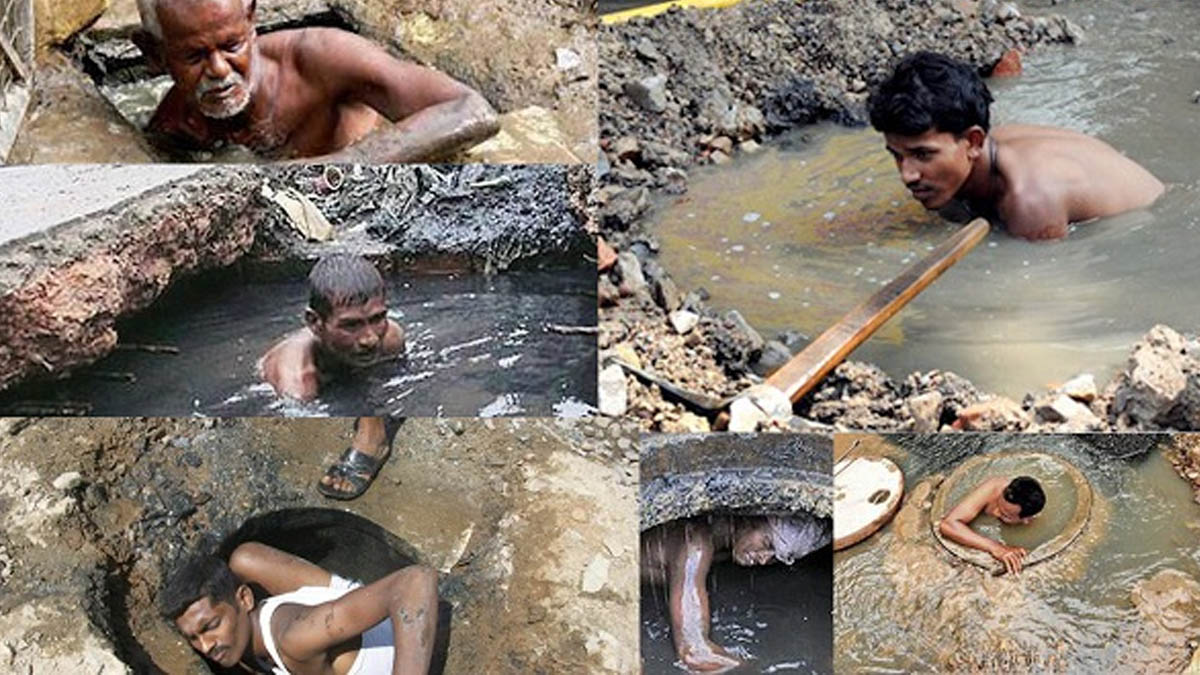Dalit means “crushed” or “oppressed” or “broken” in Sanskrit and it was believed that they were born from the dirt that God walked on. Besides, the origin of the caste system is found in the Rig Veda, which was composed between 1500-1200 B.C., when it mentions the four castes of Purusa, the ‘original man’. However, the depraved identity of the Dalits reached its peak at the time of the composition of the Manusmtri (200 – 700 A.D.). And these ‘Laws of Manu’ became a core ideology in the Indian society and the Dalits were acknowledged as the non-human state of the outcaste.
Even after the long rule of various Muslim rulers from the eighth century to the mid-eighteenth century, one could expect some changes among the Dalits. But after going through social and religious conditions of the Muslim period and two centuries of the British period until the Post-Independence period, the status quo of the Dalits unchanged. Mahatma Jyotiba Phule (1827 – 1890), a Maratha social reformer describes, “Dalits as the oppressed and broken victims of Hindu Society.” Almost sixty percent of Dalits are barred from using village wells and over seventy percent are denied access to Hindu temples. They still suffer from their low literacy rate, little political influence and the legislation meant to protect them has lamentably failed. Action to claim their legal rights inevitably leads to harassment by the police and to abuse and violence at the hands of the upper castes. Dalits are thus caught in a trap of powerlessness and dehumanization.
A recent study shows that over seventy percent of Indian Christians are Dalit Christians. Dalit Christians and Muslims are not protected as castes under Indian Reservation policy, but Reservation System is accessible to Dalits who follow Hinduism, Buddhism and Sikhism. In recent years, even after sixty years of independence, Dalits and even Dalit Christians going through the difficulties of combating prejudice and bigotry from the so-called upper caste Hindus and Christians, even some are murdered not to pursue social recognition. However, many Indian Churches are too witnessing discrimination against the Dalits.
